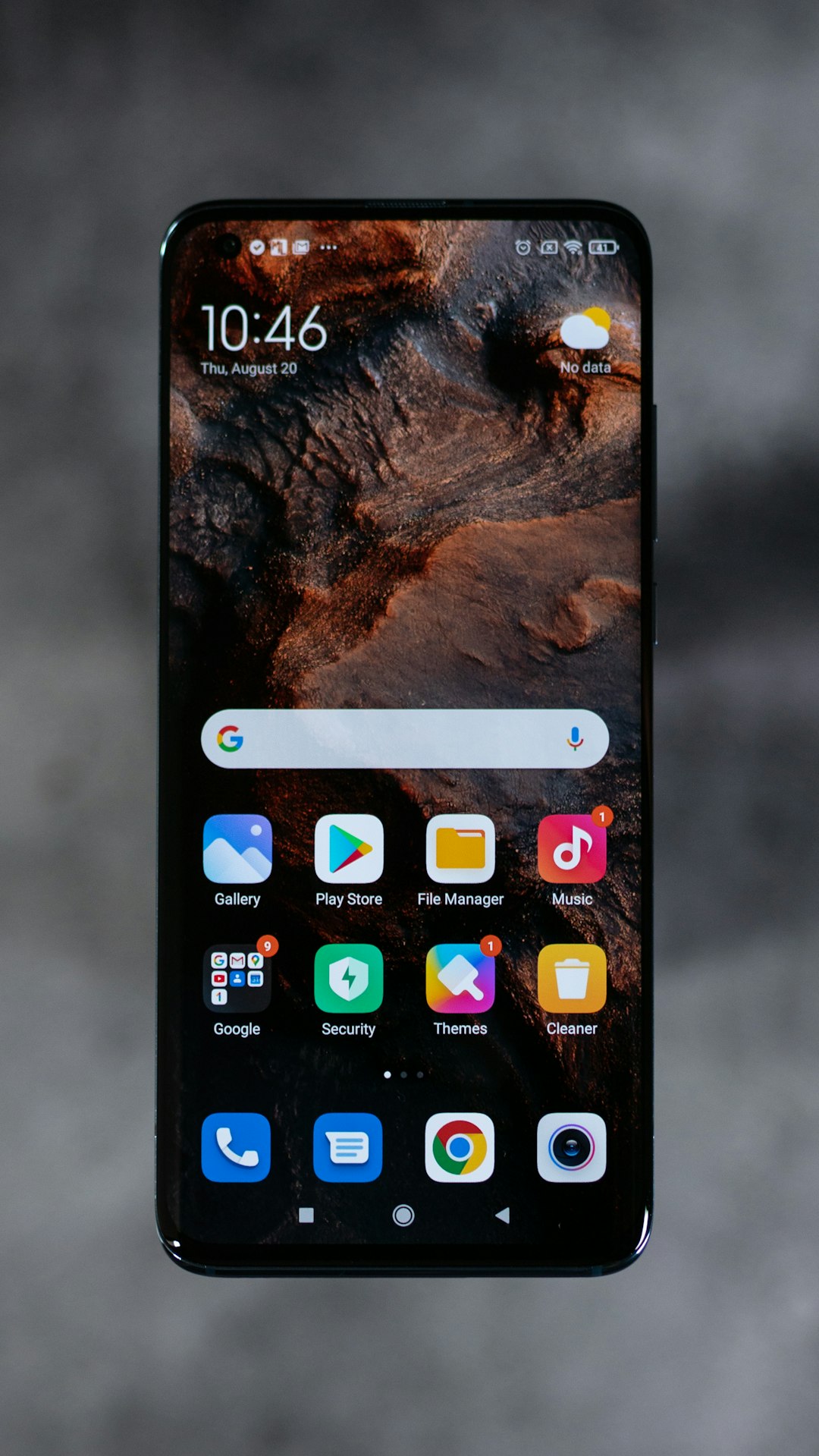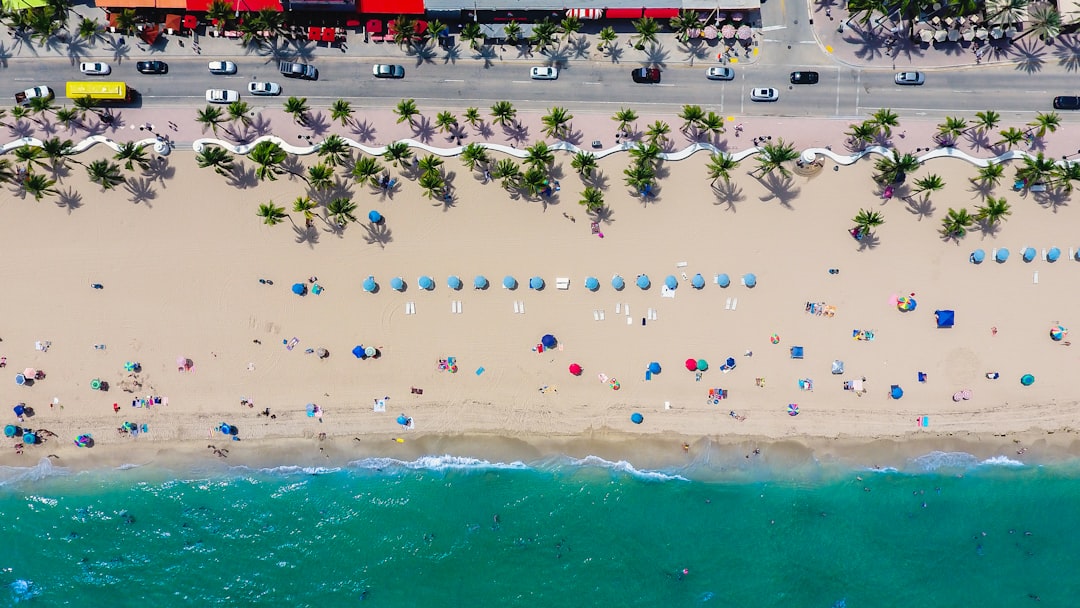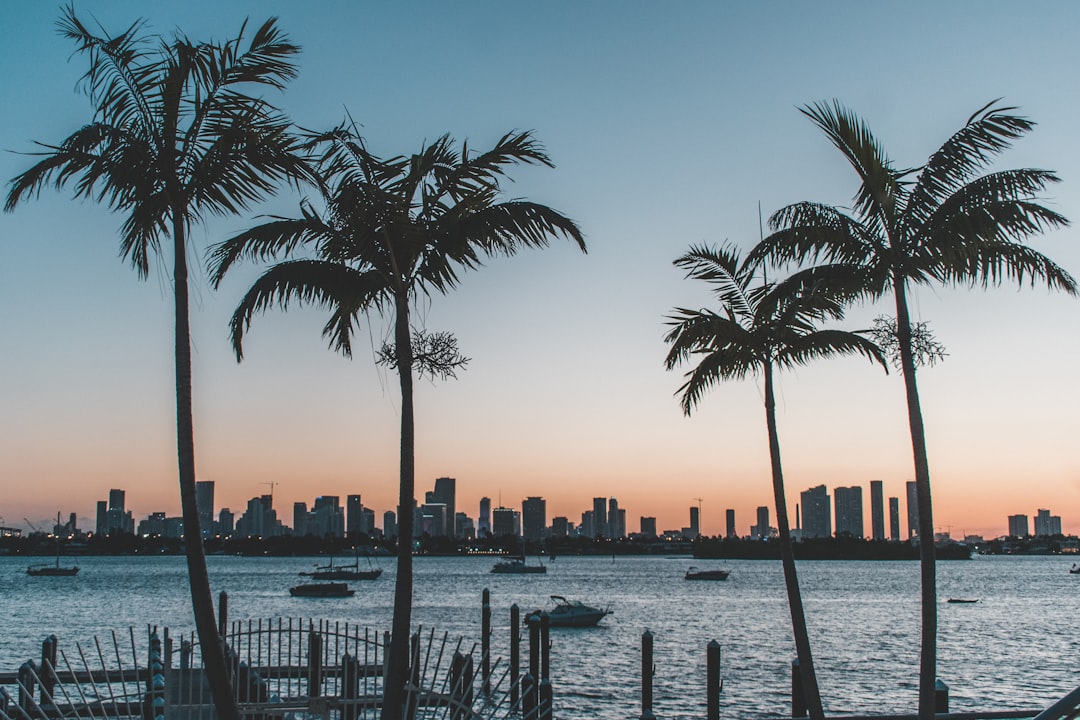In Florida, strict regulations control telemarketing activities, with a focus on consumer protection through the "Do Not Call" list and laws enforced by the FTC. Orlando's tourism industry faces challenges due to many tourists registering on the Do Not Call Registry, impacting local businesses. Do Not Call Lawyers Florida assist these businesses in navigating complex regulations, ensuring compliance, and maintaining client satisfaction. Strict adherence is crucial to avoid legal issues, fines, and damage to public image for companies in Orlando's competitive tourism market.
“The tourism industry in Orlando, Florida, is a bustling hub of activity, but amidst the excitement, businesses must navigate critical regulations, especially those pertaining to telemarketing. With a close eye on the state’s Do Not Call Registry, this article delves into the legal landscape that shapes Orlando’s tourist sector. We explore how telemarketing laws impact tourism, offering insights on compliance and best practices for local organizations. Additionally, we scrutinize the consequences of non-compliance through case studies involving prominent Do Not Call Lawyers Florida, emphasizing the importance of adherence to these regulations.”
Understanding Telemarketing Laws in Florida: A Brief Overview

In Florida, telemarketing laws are governed by both state and federal regulations, with the primary focus on consumer protection. The Do Not Call Laws, enforced by the Federal Trade Commission (FTC) and supported at the state level by Do Not Call Lawyers Florida, restrict unsolicited phone calls to consumers who have registered their numbers on the state’s “Do Not Call” list. This list provides a clear indication of a consumer’s desire not to receive such calls, making it illegal for telemarketers to ignore this preference.
Florida’s telemarketing regulations are designed to balance business interests with individual privacy rights. These laws not only protect residents from unwanted calls but also ensure that businesses operate ethically and transparently. Understanding these rules is crucial for both tourists and locals alike, as violation of these guidelines can result in penalties for the offending parties.
The Do Not Call Registry: How It Affects Tourism Businesses in Orlando

The Do Not Call Registry, a nationwide database designed to protect consumers from unwanted phone calls, significantly impacts tourism businesses in Orlando. While it was initially created to safeguard individuals from persistent telemarketing calls, its effects ripple through the industry, especially for companies relying on direct sales and customer outreach. Many tourists, upon arrival in Orlando, register their numbers on the Do Not Call list, often unaware of the implications for local businesses.
This registry presents a unique challenge for tourism-focused Do Not Call lawyers in Florida. These legal professionals must guide businesses on navigating the intricate rules surrounding telemarketing practices to ensure compliance and maintain customer satisfaction. By understanding the nuances of the Do Not Call Registry, Orlando’s tourism industry can adapt its strategies to respect consumer preferences while exploring alternative methods to engage visitors without violating these regulations.
Compliance and Best Practices for Tourist Organizations in Orlando

In the competitive Orlando tourism industry, maintaining compliance with telemarketing regulations is paramount for tourist organizations to avoid legal repercussions and protect consumer rights. The Florida Do Not Call Registry plays a pivotal role, ensuring that businesses respect individual preferences regarding unsolicited calls. Organizations must implement robust opt-out mechanisms in their marketing strategies, allowing visitors to easily register their numbers or decline promotional calls. Regular staff training on compliance best practices is essential to prevent accidental violations.
Adhering to guidelines set by the Florida Communications Commission and legal advice from qualified Do Not Call Lawyers Florida can help tourist entities navigate this regulatory landscape successfully. Implementing automated call systems with sophisticated screening capabilities further enhances compliance, ensuring that only authorized calls reach potential customers. By embracing these best practices, Orlando’s tourism sector can foster trust, maintain customer satisfaction, and thrive in a regulated environment.
Legal Implications for Non-Compliance: Lessons from Do Not Call Lawyers Florida Cases

In Florida, telemarketing practices are subject to strict regulations, particularly in light of numerous Do Not Call Lawyers Florida cases. Non-compliance with these rules can have significant legal implications for businesses operating within the tourism industry in Orlando. Fines and penalties are typically severe, reflecting the state’s commitment to protect consumers from intrusive sales calls.
Courts in Florida have consistently upheld the rights of individuals to opt-out of telemarketing calls, emphasizing the importance of respecting consumer choices. Do Not Call Lawyers Florida cases have set precedents that businesses must adhere to specific guidelines, including obtaining prior consent before making sales pitches and providing clear mechanisms for consumers to register their preferences. Failure to comply can result in legal action, with businesses facing substantial damages and negative public relations.






